The built environment plays a huge role in shaping people’s lives and how they feel, as well as having an impact on the wider environment.
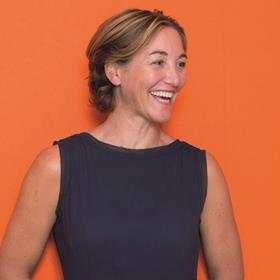
The UK’s built environment contributes to 40% of the country’s carbon emissions, so for buildings and neighbourhoods to have a positive impact on people’s wellbeing they must also be good for the environment: we are facing a climate emergency and wellbeing, quality of life and sustainability are now inseparable.
So as we look to build the 300,000 homes per year needed to tackle the housing crisis, it is more vital than ever to remember that the homes and neighbourhoods we are building today will have a profound effect on the people who live there and the wider environment for years to come.
It must not be just about the delivery of ‘units’, but of homes and places that contribute to the health, happiness and wellbeing of the people who will live there, while also helping the UK to achieve its zero-carbon target.
That is why I have started the Quality of Life Foundation, a not-for-profit organisation that aims to raise people’s quality of life and wellbeing by improving our built environment.
The Quality of Life Foundation will bring together the very best practice from across the design and development industry to focus on the ways people think and feel about places and how their experience can be improved.
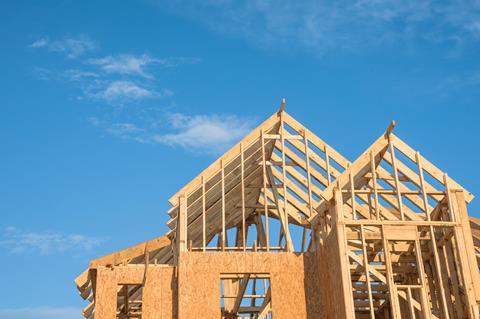
The aim is to influence the myriad ways in which design can positively address contemporary challenges and to influence policy at a high level, helping to ensure that the built environment can deliver its full potential to improve people’s quality of life.
The foundation will work with big developers, housebuilders and investors to come up with ways of improving how our buildings and communities are planned, procured and constructed. Its role will be to gather research and make recommendations that will make clear both the responsibilities and benefits of promoting quality of life.
We are bringing together an advisory board representing a broad range of views across the public and private sectors. The board will create a focus for debate, research and development of best-practice guidance, with a strong focus on consumer experience.
Over the next year, we will carry out research to work out quality-of-life principles and look at ways of effecting change in how the building industry works.
Together, working across the industry, we want to drive improvements that will make a positive impact on our homes, communities and the wider world.
Sadie Morgan is founding director of dRMM



























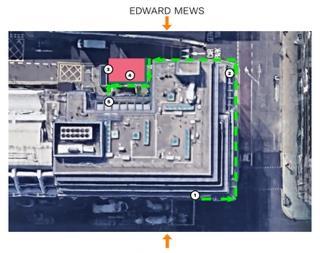
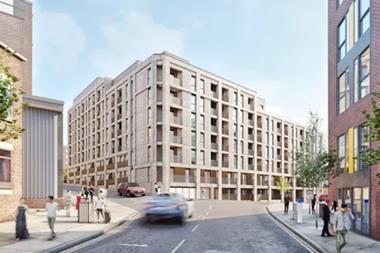
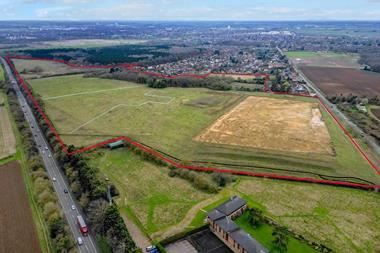
No comments yet